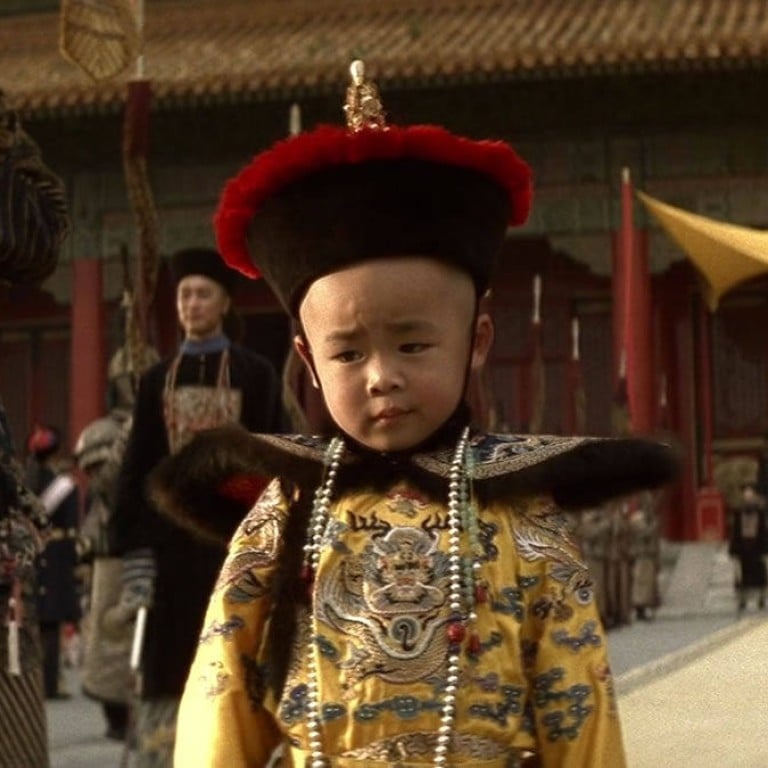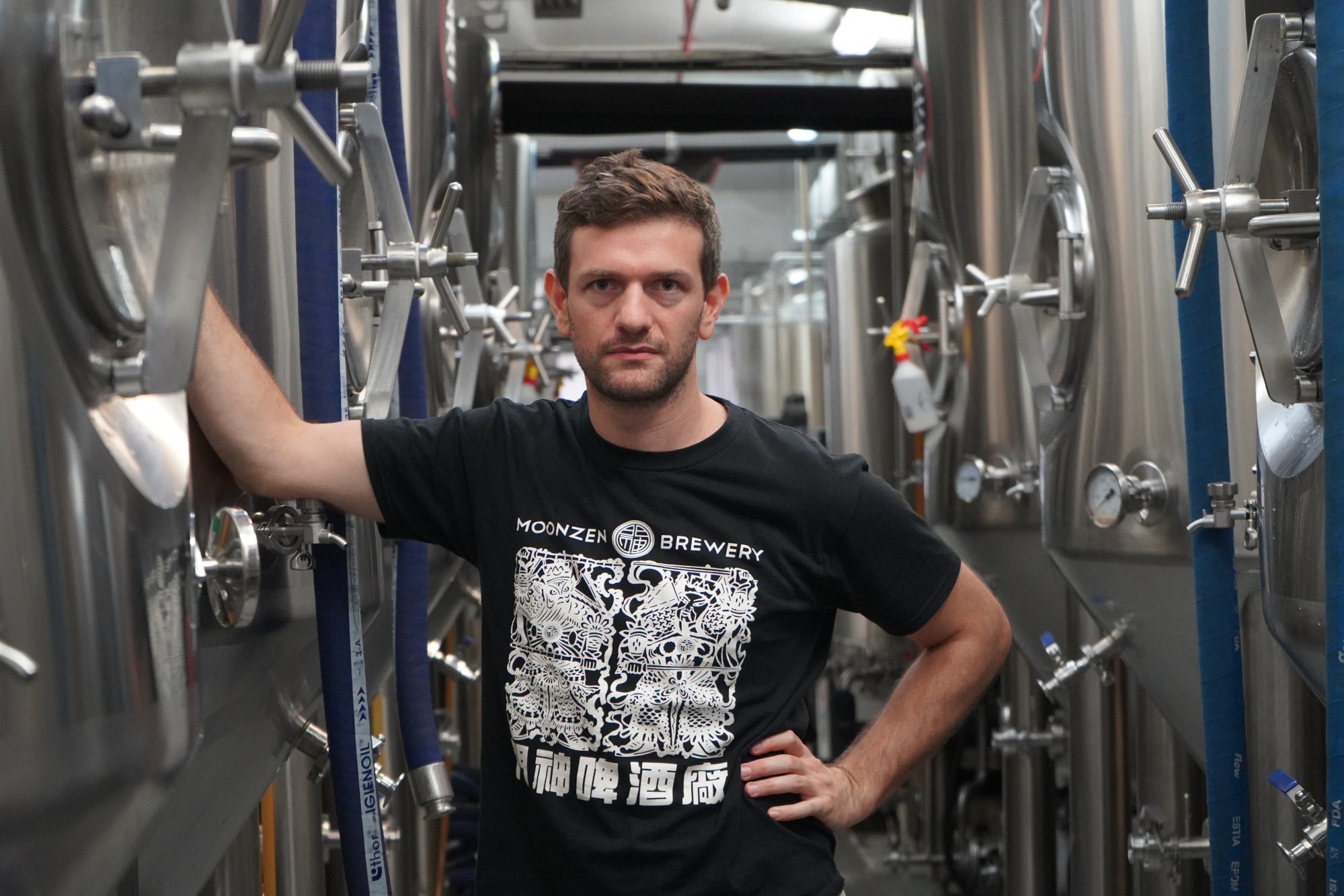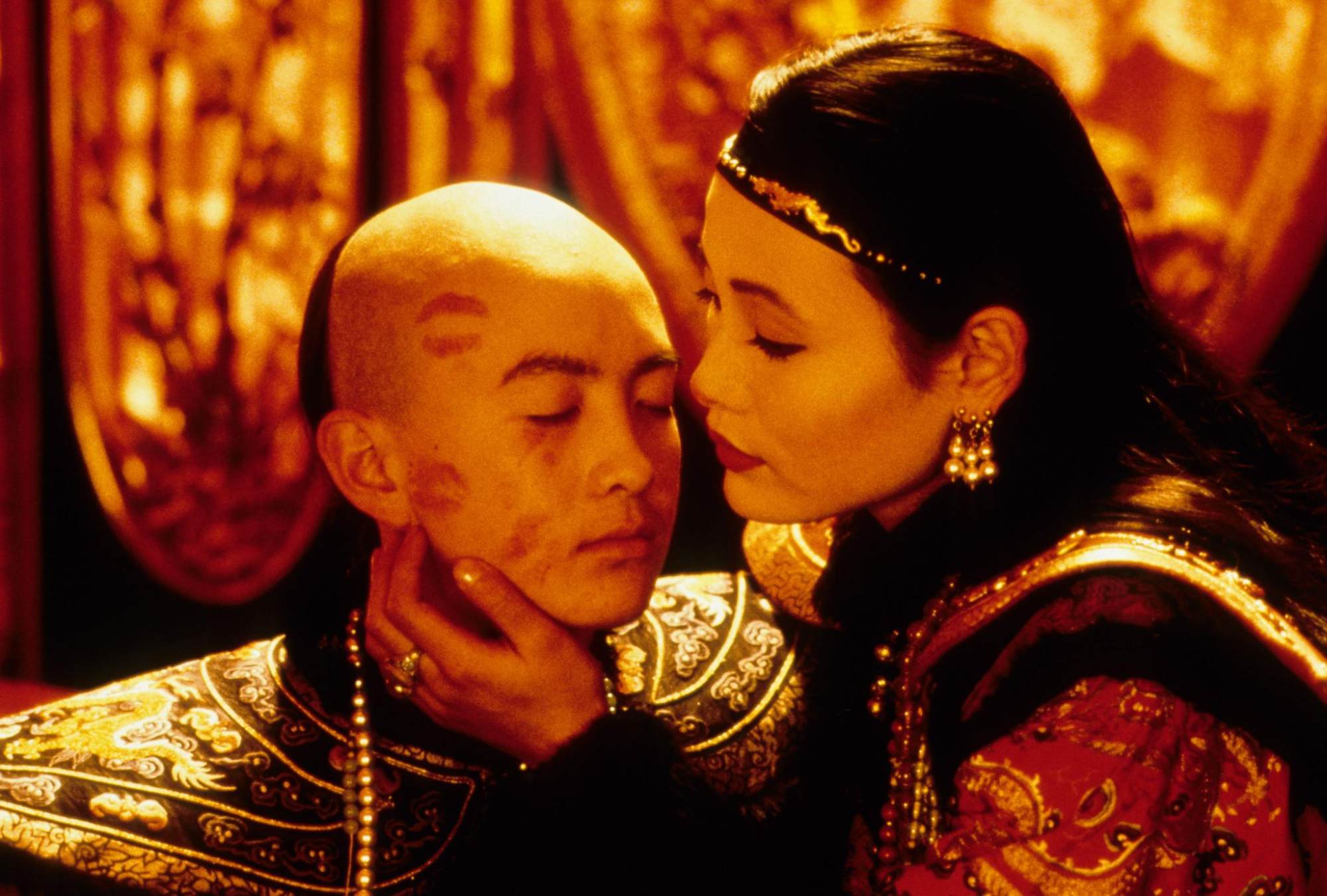
‘He’s just a kid’: how ‘The Last Emperor’ changed a Mexican beermaker’s life
- Laszlo Raphael, co-founder of Hong Kong craft brewery Moonzen, got his first window into China with the 1987 film about Qing emperor Puyi that won nine Oscars
- He says the film shows how sometimes life deals you cards that you have to play, regardless of whether you like them or not
The Last Emperor (1987), directed by Bernardo Bertolucci and starring John Lone, Joan Chen and Peter O’Toole, tells the story of Puyi, from his early life of gilded isolation and his time as ruler of the Japanese puppet state of Manchukuo, to his imprisonment and eventual rehabilitation. The first Western production to be allowed to film in the Beijing’s Forbidden City, it swept the board at the Oscars, winning nine awards including best film and best director.
Laszlo Raphael, co-founder of Hong Kong craft brewery Moonzen, which creates beers based on Chinese culture and mythology, explains how the film changed his life.
I watched The Last Emperor in the 2000s, when I was in my 20s. I’m originally from Mexico, and I’ve lived in Hong Kong for 10 years. It was probably the first window into China and Chinese culture that I’d had. It created a memory I can still remember to this day. Some would say the film is very Westernised in its view of China, but at least it’s not completely “Hollywood”.
Coming from Mexico, the most exotic culture would be an Asian one, and I’ve long been fascinated with Chinese culture. I was interested in its very high level of civilisation, and the differences from my own culture in the philosophy that it has evolved. There’s nothing else like it in the world. At Moonzen, we pay homage to Chinese culture – we call ourselves a Chinese mythological brewery. People have an innate need for a certain cultural belonging.

The film also showed how sometimes life deals you cards that you have to play, regardless of whether you like them or not. A lot of people might not relate to the life of a guy who’s an emperor and has concubines and lives in a palace, but he’s someone who has a lot of power but is still powerless. You can only do your best with the tools you have and the cards that are dealt to you in life.
We can’t do much unless we adapt and change. Especially at the moment, with the pandemic and the social strife in Hong Kong – it’s similar to what Puyi experienced. I’m not a political person, but there’s the same sense of being bounced around by all these political forces, and of living through times when history is being made.

I remember what struck me most about the film was: he’s just a kid. When the traditional culture was unable to cope with all the changes that were happening at that time, he was the one who had to bear that. The drama of dynastic change all came to be carried on his shoulders.
But all through his life he was unhappy and whiny, with this kind of self-righteousness. The warning of Puyi is that whatever life you might live, you’re still responsible for your attitude and the decisions that you take.

